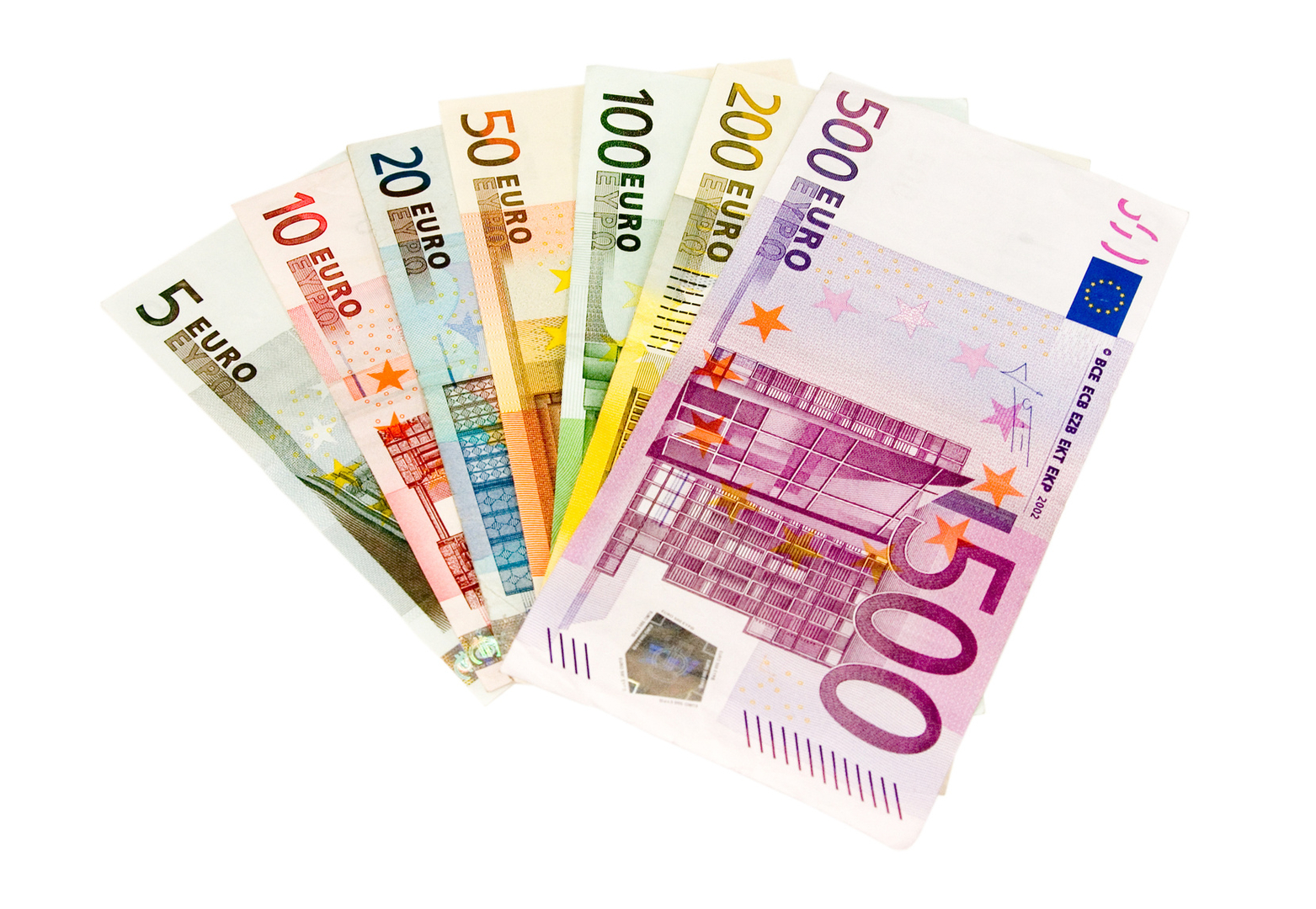- ‘Cartel’ Currency Traders Charged in Market-Rigging Case
U.S. prosecutors charged three ex-traders at the heart of a criminal investigation that has ensnared the world’s biggest banks over the rigging of currency rates.
Richard Usher, formerly of JPMorgan Chase & Co., Rohan Ramchandani, who used to work for Citigroup Inc., and Chris Ashton, a former Barclays Plc trader, were indicted Tuesday on conspiracy charges in New York. They’re all living in the U.K. and will have to be extradited unless they surrender voluntarily.
The three men used an online chatroom they dubbed “The Cartel” to coordinate trading of U.S. dollars and euros and manipulate prices of the currencies, according to the indictment. They are charged with conspiring to restrain trade from the end of 2007 through the beginning of 2013. The goal of the conspiracy was to suppress and eliminate competition in the trading of the euro and the dollar in the U.S., U.K. and Switzerland, according to the charges.
The case represents the culmination of the government’s promise to prosecute individuals at the center of one of the biggest market-manipulation investigations of the Obama administration. The indictments come after years of criticism against the Justice Department for securing multibillion-dollar corporate penalties without holding individuals to account.
“No one gets a free pass simply because they were working for a corporation,” said Deputy Attorney General Sally Yates, the department’s No. 2 official. “Today’s indictment reiterates our commitment to holding individuals accountable for corporate misconduct.”
Lawyers Fire Back
Lawyers for the traders criticized the U.S. for moving forward with its case after U.K. authorities looked at the same evidence and decided not to bring charges. Stephen Pollard, Ramchandani’s lawyer, said the U.K’s Serious Fraud Office already investigated his client for more than 18 months.
“It is unacceptable for the American DOJ to bypass the SFO decision and seek to prosecute conduct undertaken on British soil by British citizens where the British regulators have confirmed there was no criminal offense,” said Pollard, an attorney with WilmerHale in London.
Usher’s lawyer, Jonathan Pickworth, a partner at White & Case in London, said he was disappointed and that Usher “did nothing wrong.” Ashton’s lawyer Sara George, a partner at Stephenson Harwood LLP, said her client was also cleared by the U.K. authorities and was “never given any legal advice, guidance or instruction by Barclays in relation to U.S. law.”
The charges carry a maximum penalty of 10 years in prison and a $1 million fine, although that figure may be increased depending on the gains from the misconduct.
Usher and Ramchandani were each fined $5 million by the Office of the Comptroller of the Currency, as well, the banking regulator said in a Tuesday statement. The OCC also banned both of them from working in the U.S. banking industry.
Bank Pleas
Citigroup, Barclays, JPMorgan and Royal Bank of Scotland Group Plc pleaded guilty in May 2015 to conspiring to rig currency rates. UBS Group AG received immunity from prosecution, but its conduct in the market breached an earlier agreement over its role in manipulating benchmark interest rates.
“The Cartel” chatroom was limited to specific euro-dollar traders, prosecutors said. Many conversations took place just before daily fixes — the brief windows of time when data providers take a snapshot of trading so they can set daily rates. Usher and Ramchandani started conspiring in December 2007, while Ashton got involved four years later, according to the indictment.
The three former traders participated in telephone calls and electronic messages, including engaging in near-daily conversations in the chat room, which they also referred to as “The Mafia,” where they discussed past, current and future customer orders and trades, prosecutors alleged.
‘The Cartel’
“The Cartel” chat room was started by Usher as early as 2009, according to a person with knowledge of the matter. Usher had risen quickly to the top of his profession. After joining HBOS Plc in 2001, he was hired by RBS in 2003 and a year later collected an industry award on his employer’s behalf. He joined JPMorgan as head of spot foreign exchange in 2010, where he became a member of the now-defunct Bank of England’s Chief Dealers Sub Group, a collection of about a dozen currency traders and central bank officials who met at restaurants and bank offices to discuss industry developments.
The members of the chat room ribbed each other like high-school buddies. Usher was referred to as “Feston” because he resembled an overweight version of British chef Heston Blumenthal, according to people who have seen the chats. Ramchandani, Citigroup’s cricket-loving head of spot trading, was called “Ruggy,” while Ashton, the last one to join, was dubbed “Robocop.”
The U.S. investigation followed a series of articles published by Bloomberg in 2013 exposing how the world’s biggest banks were colluding to rig foreign exchange rates.
The case is U.S. v. Richard Usher, 17-cr-019, U.S. District Court for the Southern District of New York (Manhattan)


 Forex3 weeks ago
Forex3 weeks ago


 Naira2 weeks ago
Naira2 weeks ago
 Billionaire Watch2 weeks ago
Billionaire Watch2 weeks ago




 Naira2 weeks ago
Naira2 weeks ago




 Naira2 weeks ago
Naira2 weeks ago




 Naira1 week ago
Naira1 week ago




 Naira4 weeks ago
Naira4 weeks ago




 Naira3 weeks ago
Naira3 weeks ago





















